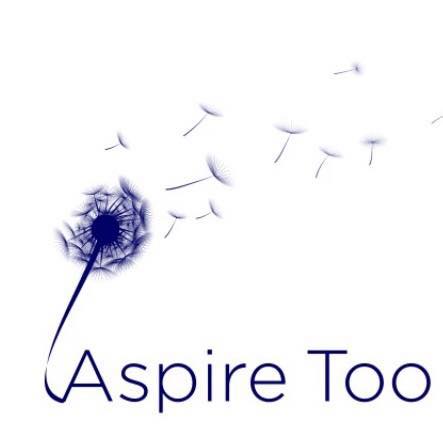Every month the associates at Aspire Too will answer your questions in our “Ask the Counsellors Feature”. Please submit your questions confidentially to reception@aspiretoo.ca
I have struggled with anxiety for the past twelve years. I have tried several doctors, medications and have seen a counsellor off and on, depending on the time of year and how bad my anxiety is. I finally feel like I am in a good rhythm and have my medication figured out. I work at a large company and we do a lot of self-improvement/self-care workshops. Last week, we did a workshop on Mindfulness. The facilitator was very knowledgeable and ran a great workshop, and I had a chance after the workshop to speak to her one on one. She told me that many people learn to manage their anxiety using Mindfulness. For the past week, I have been experimenting with some mindfulness techniques and I feel great. I am tempted to give this a try as I have always hated the idea of being on medication. Any advice?
– Greg (not his real name)
Dear Greg,
Mindfulness is a great strategy that can be used to help us with many struggles, including anxiety. For those who don’t know, “Mindfulness is a state of active, open attention on the present. When you’re mindful, you observe your thoughts and feelings from a distance, without judging them good or bad. Instead of letting your life pass you by, mindfulness means living in the moment and awakening to experience” (www.psychologytoday.com).
I am happy to hear that you have come across this new tool to assist in managing your anxiety. It is however, another tool in your toolbox and I wouldn’t suggest throwing away the other tools that have been working for you, including counselling and medication. Do not discount the time and effort you have put in with your therapist or the medication trials with your doctor. These have, no doubt, contributed to the fact that you have been feeling and doing better. In fact, counselling and medication have mostly likely contributed to your success with mindfulness and being open to its benefits. As with any new strategy, mindfulness will take time to learn and even more time to perfect and implement into your every day life. Mindfulness is a way of being; a complete shift in your thinking, your awareness, and your reaction to that awareness. It is not something that can be learned or implemented over night, but rather a shift in thinking, which is a life-long journey. A journey worthwhile, no doubt.
More and more research about mindfulness shows it is an effective approach in dealing with not only anxiety, but stress, insomnia, substance use, relapse into depression and chronic pain. It can improve relationships, attention spans, sexual functioning, immune system functioning, chronic illness management and overall quality of life. My suggestion would be to continue to work with your therapist on how you can use mindfulness to help with your anxiety. A skilled therapist will be able to help guide and monitor you through this new process of learning and self-awareness. Mindfulness is a whole way of being and will take a lot of learning and work. Mindfulness is most often used in conjunction with other strategies until perfected, and even then, the more tools you have, the better. In fact, Cognitive Behavioural Therapy, one of the most successful strategies used for treating anxiety, is now being used in conjunction with mindfulness. Mindfulness is more than awareness or meditating, and working with a therapist will help you learn more about it and implement it effectively while safely monitoring your progress. Feel free to give us a call to book a session with one of our skilled counsellors.
Kelly Gerhardt RPC, B.Ed. M.Ed
Registered Professional Counsellor
